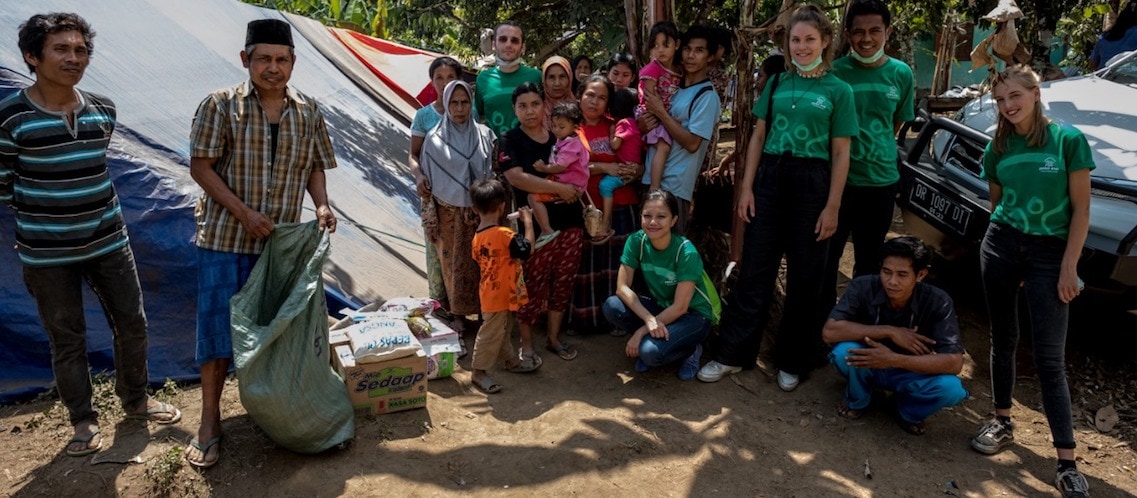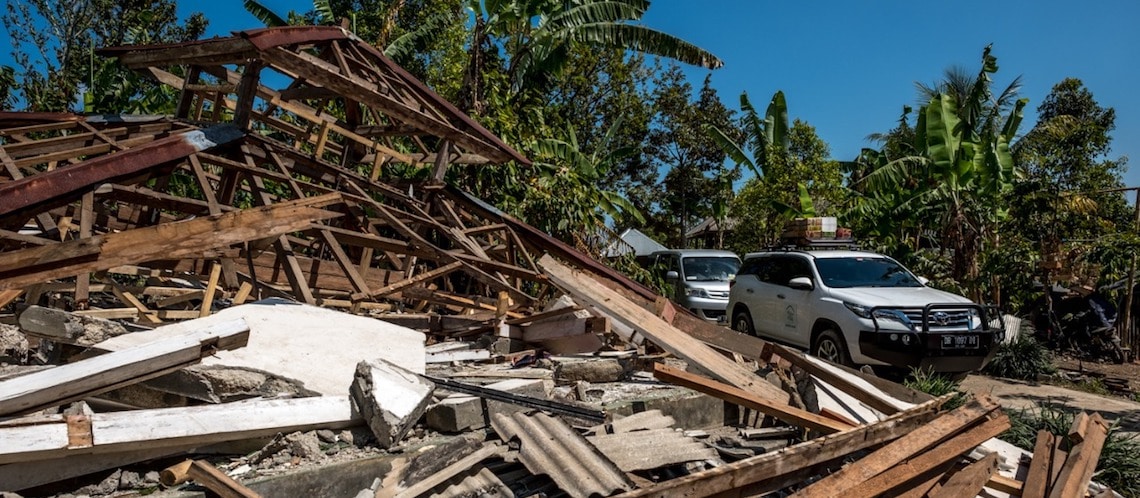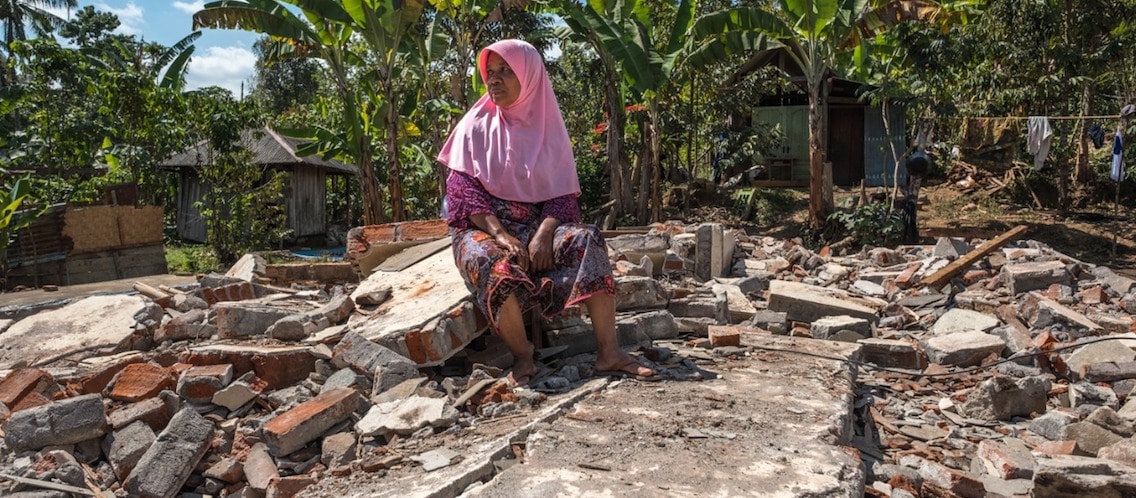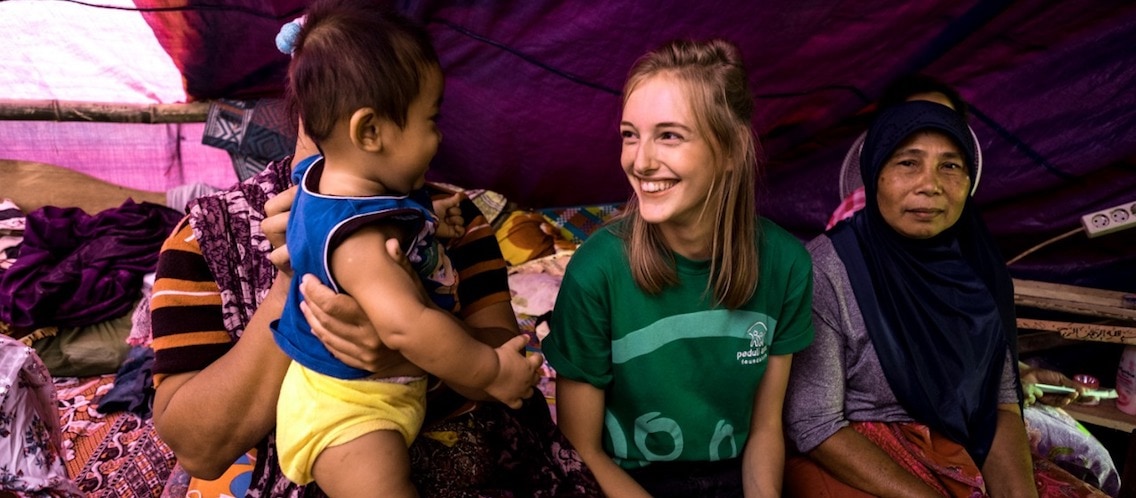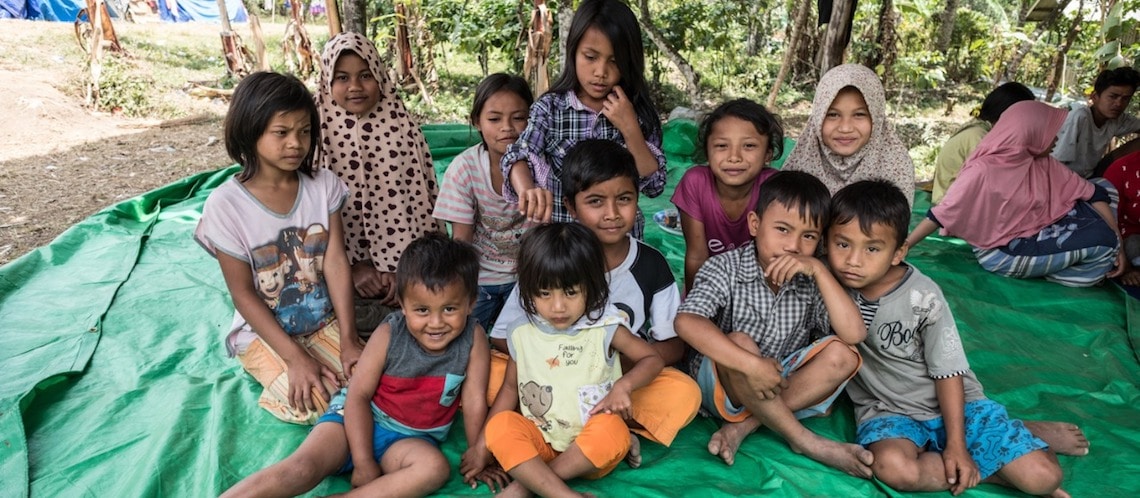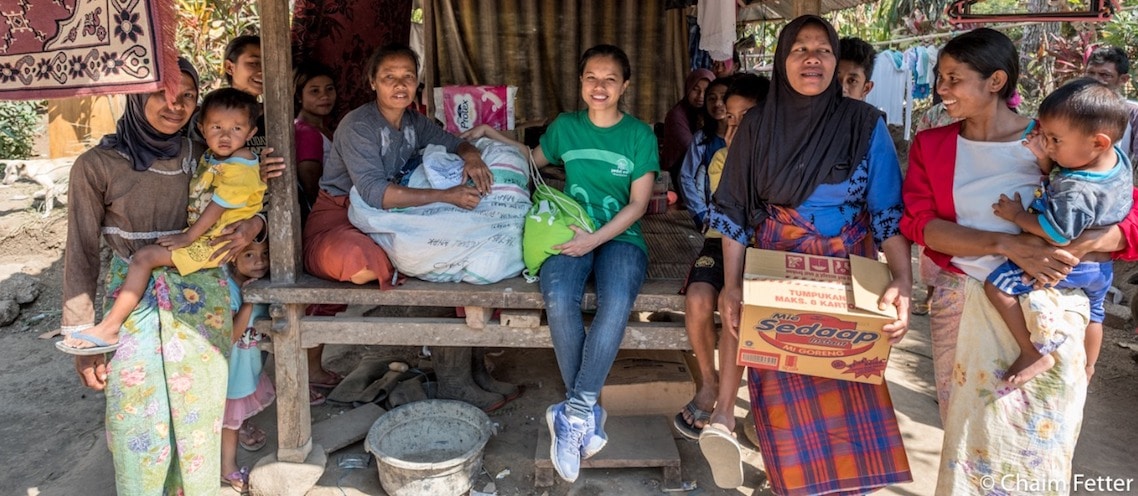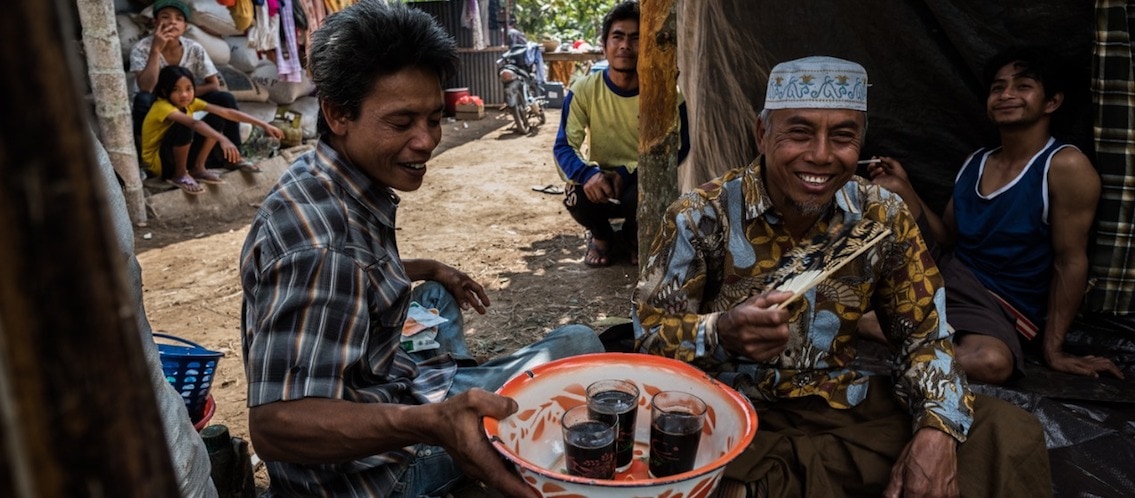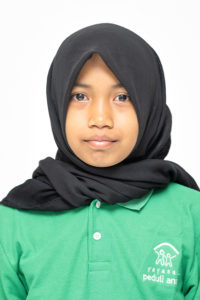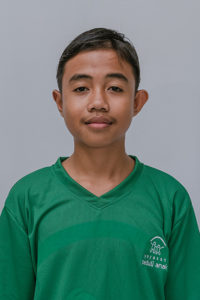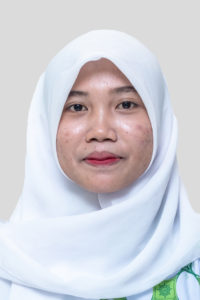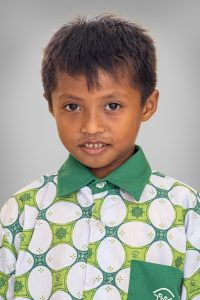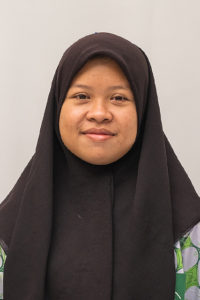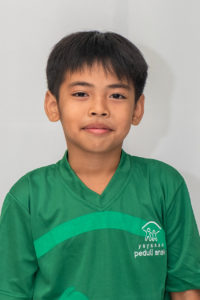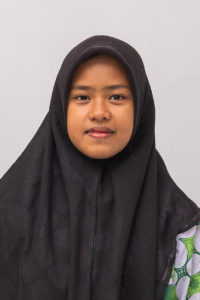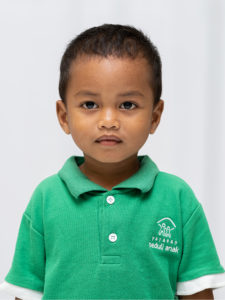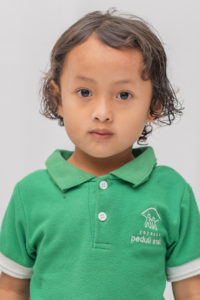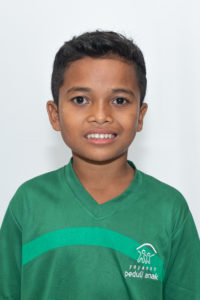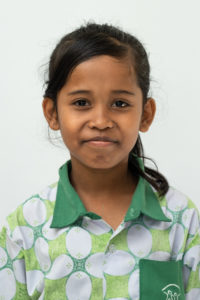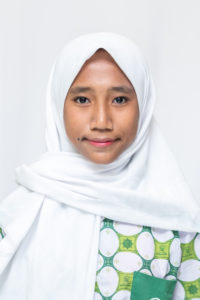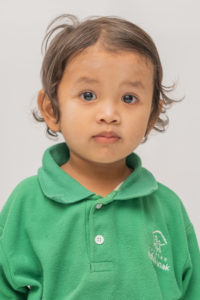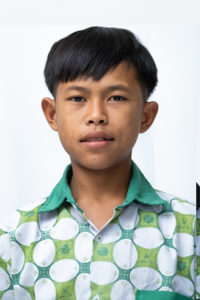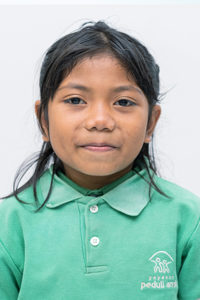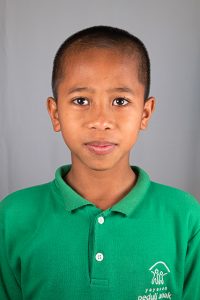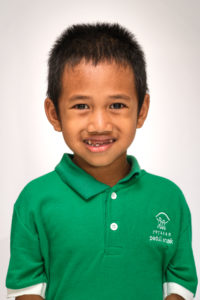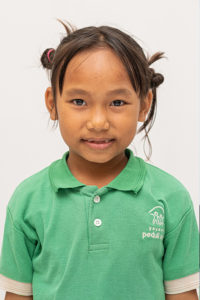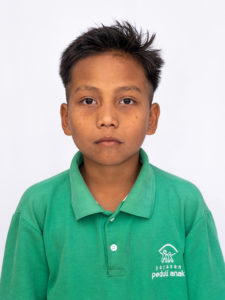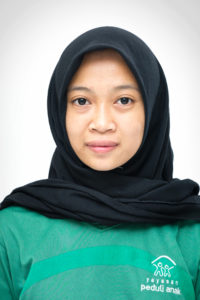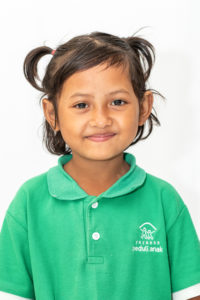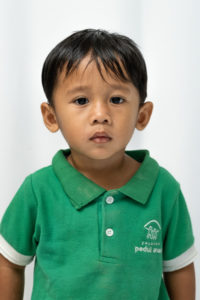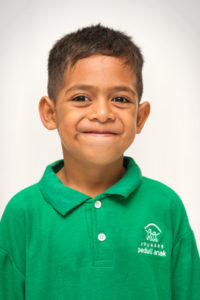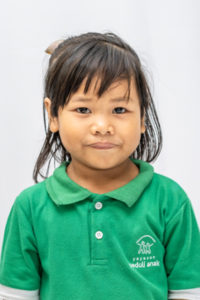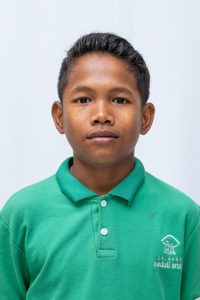25/8/18 – Today, we delivered donations to North Lombok. This time we were accompanied by a photographer (Ahmad Zamroni), cameraman (Ardilles), and audio man (Andi) who volunteered from Jakarta. As usual we packed our two cars with basic necessities like rice, noodle, water, blankets, diapers and pads, vitamins, etc.
We took the Senggigi route this time to see how the earthquakes affected the popular tourist spot and the locals. It was unusually quiet for a Saturday morning in August. Many hotels and restaurants were closed due to moderate to heavy damages. The ones that remain open are full with volunteers and aid workers. Hardly any tourists around. Restaurants try to survive by offering special “earthquake” discount, but it didn’t help much.
The more north we drove, the heavier the damages. Houses are destroyed, people live in tents. Help from the government, aid organizations and companies along the road from Senggigi to Tanjung has arrived: public kitchens, stacks of noodles and rice, and water tanks are clearly seen from the road. The military and local people work hand in hand to clean up and fix broken buildings. We saw evacuation camps along the road, but we were certain that these victims got their basic needs covered and received enough attention from the government.
Therefore, we drove further up north to the Gangga district. We were informed that the people in a camp in Dusun Busur Barat that we visited last week are running out of drinking water and clean water is limited too.
While we were heading there we took a detour to Dusun Monggal Atas because we spotted an off the beaten track path with a small sign that says “POSKO” (center of activities, usually in a disaster area).
We arrived to find one big tent among ruins and just opposite a destroyed mosque. There are 11 families, a total of 44 people, crammed into a big simple tent made with tarp, which won’t survive pouring rain.
They were so happy to see us because only 2 groups had visited their camp since the earthquakes started. A few locals eagerly showed us what was left of their houses. One house had completely collapsed, with only one door still standing. They took whatever was still useable and moved to the camp. Makeshift beds are lined up, a small TV in the middle for entertainment, and an electric fan to beat the heat. Luckily, this village is rich with orchards and close to source of water. They only need rice, diapers, and other secondary items.
What is highly concerning though, is the amount of asbestos we found among the ruins. This is a very serious risk, which is commonly overlooked by the people in Lombok. Asbestos is used widely in roof constructions for most houses here because of its inexpensiveness. When the earthquakes damaged the houses, the asbestos roofs fell and broke. A broken asbestos roof is a health risk, especially to those exposed to it for a period of time. We’ll write more on this later.
Upon their recommendation, we continued further up to find 12 families in a camp. Their urgent needs are the same, but what touched us the most is their hospitality. When we arrived they immediately greeted us with: “Coffee?” An offer we couldn’t refuse.
The Monggal Atas village in Rempek is known for their coffee and bananas. Their plantations are thriving, but their houses are all gone. A young father showed us a house that he was building before the earthquake. He was so happy that he was about to have his own house, but then the earthquakes took it all away from him. He was now considering to build a simple wooden house. Luckily, so far they’re all healthy and unharmed and only need some over-the-counter medicine like toothache relief, tummy medicine and cough syrup. We encountered a very old lady – most likely well over 90 years old – just lying inside the camp. The locals said she is the oldest person in their village.
We also saw several big cracks in the ground, which shows how close this area was to the epicenter.
Just as we’re about to leave, they generously packed us two boxes of bananas freshly picked from their orchard. “Please take it. Thank you for your help,” they said.
We finally reached Dusun Bujur Atas camp in Rempek village. A mother, whose child now lives in Peduli Anak, greeted us with tears, probably a mix of happiness to see us again and sadness over the situation. She was worried because they had run out of drinking water and there were so many children and babies, two of them were even born this month. Another small earthquake was felt just before we arrived and the children were scared.
The ladies in the camp were busy preparing a simple lunch of kikil (knuckle – part of cow’s feet) and vegetables from the garden nearby. We gave some noodles to the kids who were just roaming the place doing nothing. Looking at them devouring the instant noodles made us realize that this is what they eat every day now. We cannot imagine if we had come with donuts and some coloring books, storybooks, and toys and dolls! Of course, these people generously made us coffee. Who can resist that?
We continued further up to another small camp with 10 families. We learned that there is a small pump by the river which supplies water to camps below. The way to the river was rather dangerous because of frequent landslides, but this was the only way for this camp to get water. Their water tank up the hill was buried by a previous landslide We will come back in a few days to install a pump, pipes and a water tank so there will be enough clean water for the camps in this area.
And again, we were served their delicious Rempek coffee. It was so tasty we couldn’t resist. They knew that we liked the coffee so much, so they packed us two plastic bags of ground coffee to take back home!


